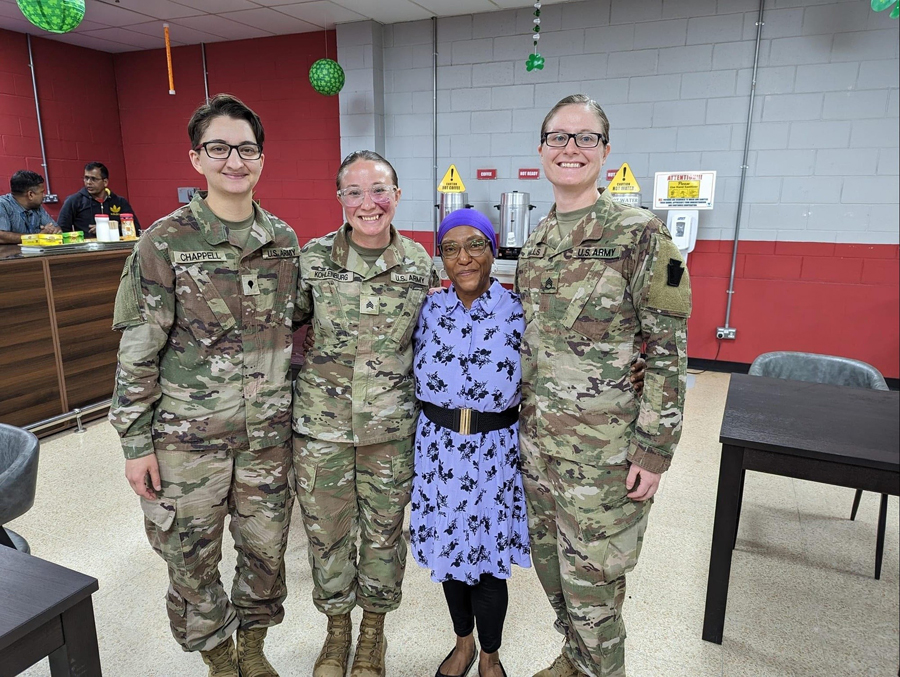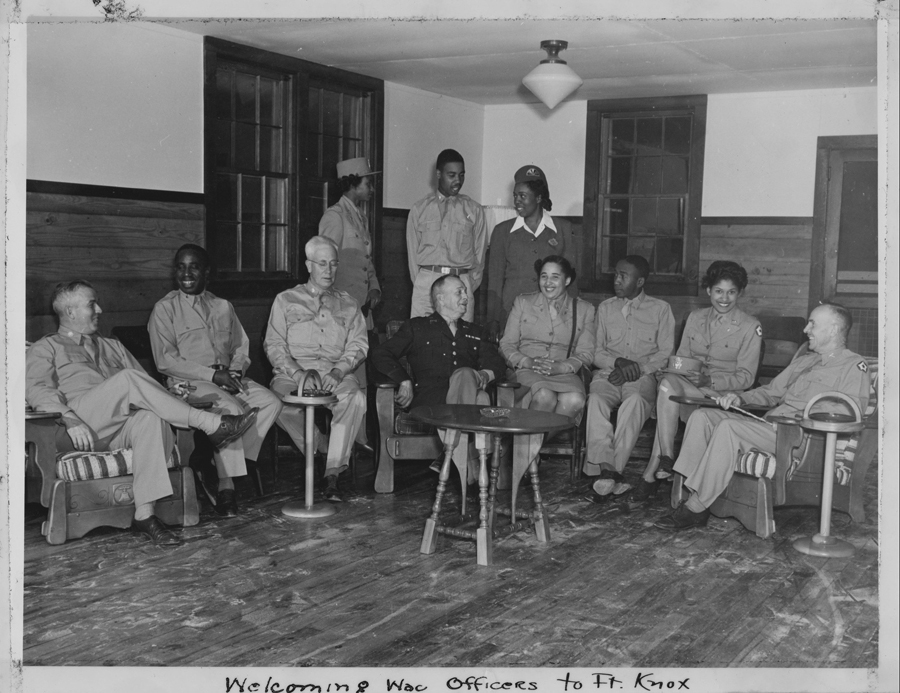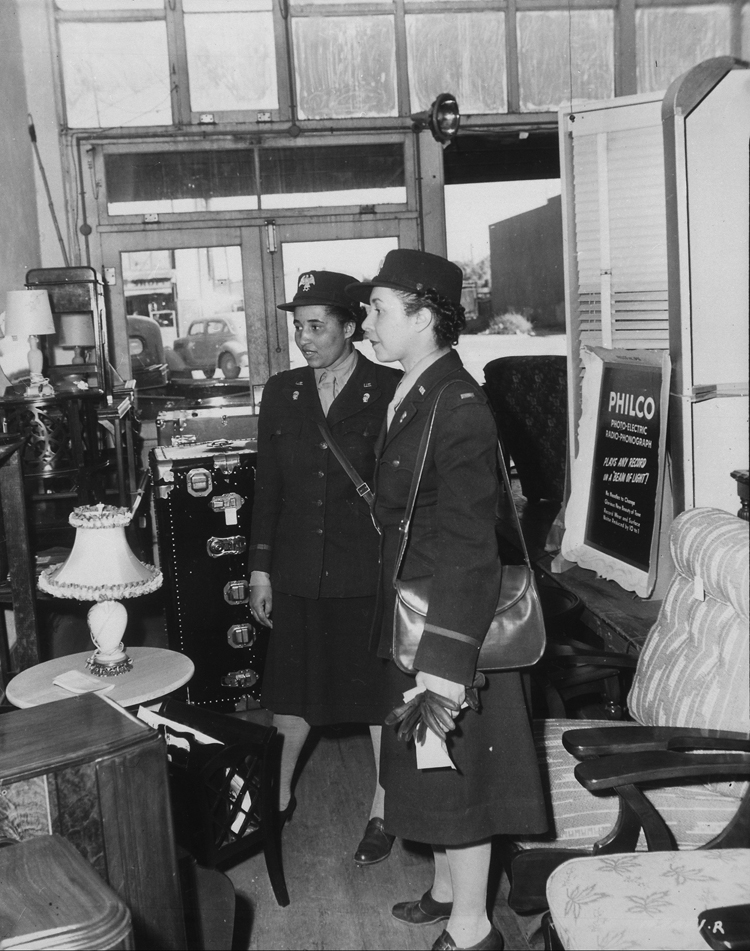
Annie Scott was one of the first women to commission from the University of Arkansas at Pine Bluff Reserve Officers’ Training Corps in 1978.
She graduated with a bachelor’s degree in accounting and began her military career as a quartermaster officer in the Women’s Army Corps, or WAC.
Congress established the Women’s Army Auxiliary Corps in 1942, allowing women to enlist and take roles as air traffic controllers, electrician and radio operators. Shortly after, “auxiliary” was dropped and the unit changed to the Women’s Army Corps in 1943, allowing women full military status and the ability to enlist and commission. To confer greater equality and benefits, on Oct. 20, 1978, President Jimmy Carter signed Public Law 95-485 disbanding the Women’s Army Corps as a separate corps within the U.S. Army.
“I was commissioned in May 1978 and the Women’s Army Corp was disbanded in October 1978. I think what was most significant for me during that time was that male and female forces were first integrated in 1978,” Scott states. “The females who were already in the military in 1978 and those who joined in 1978 had to show that women had a place in an integrated military force and more importantly that women were capable to do more than admin and medical type duties. It was not easy because not just the men in the military, but the American public was not receptive to the integration.”

America’s attitude towards women serving in the military stemmed partly from the return of domesticity in American households after World War II. From the late 1940s through 1970s, domestic and household duties were considered the primary responsibility for women. As a result, many women were often left out of politics, economics and law making.
Scott’s family was not initially supportive in her desire to serve in the Army. Her mother was preparing her to become a teacher, which was considered an acceptable occupation for women at that time.
“My mom was totally against me going into the ROTC program and going into the military because that was no place for a woman,” Scott recalled. “I think she had the perception of what I was going to deal with; the perception of the challenges.”
Some of those challenges included the lack of programs in place to protect women from sexual harassment and assault. Scott is a big advocate of the Army’s Sexual Harassment/Assault Response Prevention program. She saw significant changes while she served in the Army.

“I witnessed no guidance, no rules on sexual harassment, to some rules on sexual harassment.” Scott said. “I witnessed the establishment of SHARP.” Scott stated that when it comes to statistics regarding military sexual trauma for both male and female soldiers, there’s still a long way towards prevention. “We’ve only gone about an inch, but we still have miles to go.”
Other significant changes have been made since Scott’s retirement from the Army in 2008, to include the Women’s Initiatives Team, or WIT. This team was established in 2022 by the first female Secretary of the Army, Christine Wormuth. WIT brings together representatives from across the Department of the Army to recommend policy, program, and resource changes to create opportunities for success in women’s recruitment, retention, readiness and advancement across the Total Army.
When asked about the Army bringing back the 1980s slogan “Be All You Can Be” for its current recruiting campaign and whether the slogan embodies why she chose to serve 30 years, Scott stated that her recruiter hinted at the Army having numerous possibilities for her before the slogan ever came to be.
“He didn’t say it just like that, but his description of the Army and what I could do if I joined the Army, was the same thing. You can be all you can be. You can be anything you want to be.”











